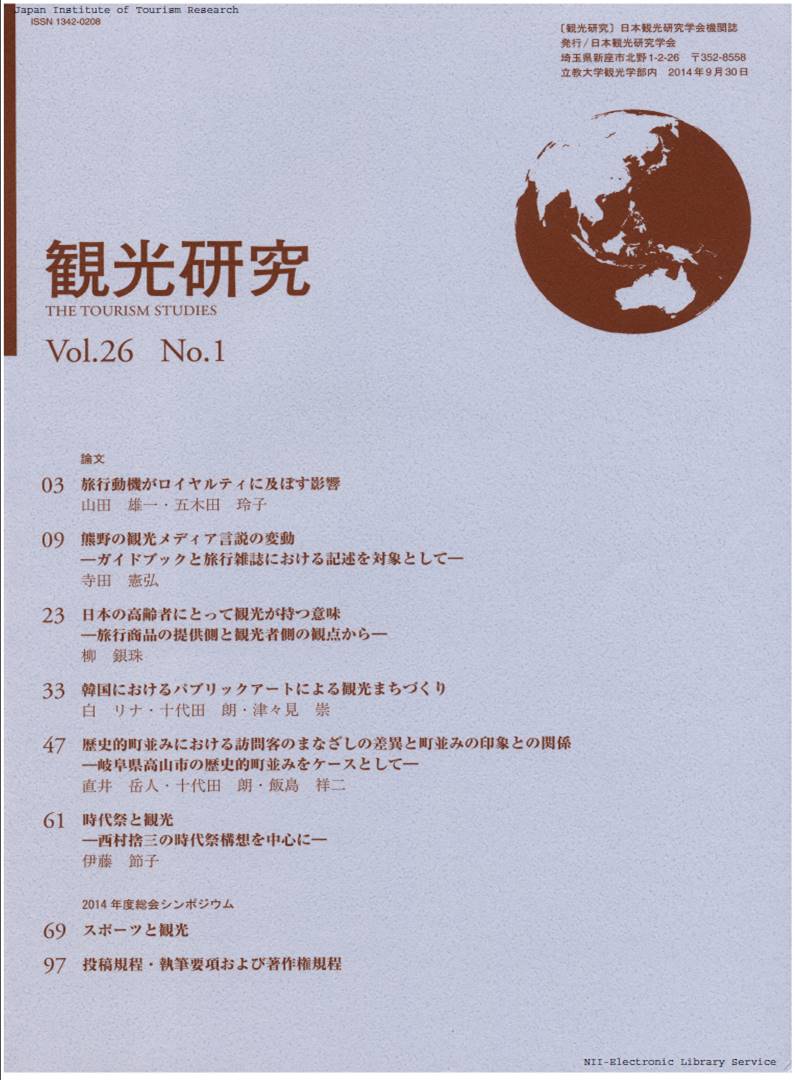Volume 33, Issue 1
Displaying 1-13 of 13 articles from this issue
- |<
- <
- 1
- >
- >|
Peer reviewed paper
-
2021Volume 33Issue 1 Pages 5-18
Published: 2021
Released on J-STAGE: April 01, 2022
Download PDF (1175K) -
2021Volume 33Issue 1 Pages 19-30
Published: 2021
Released on J-STAGE: April 01, 2022
Download PDF (1181K) -
2021Volume 33Issue 1 Pages 31-39
Published: 2021
Released on J-STAGE: April 01, 2022
Download PDF (976K) -
2021Volume 33Issue 1 Pages 41-48
Published: 2021
Released on J-STAGE: April 01, 2022
Download PDF (1188K) -
2021Volume 33Issue 1 Pages 49-62
Published: 2021
Released on J-STAGE: April 01, 2022
Download PDF (1611K) -
2021Volume 33Issue 1 Pages 63-74
Published: 2021
Released on J-STAGE: April 01, 2022
Download PDF (1027K) -
2021Volume 33Issue 1 Pages 75-88
Published: 2021
Released on J-STAGE: April 01, 2022
Download PDF (1340K) -
2021Volume 33Issue 1 Pages 89-105
Published: 2021
Released on J-STAGE: April 01, 2022
Download PDF (2270K) -
2021Volume 33Issue 1 Pages 107-119
Published: 2021
Released on J-STAGE: April 01, 2022
Download PDF (1310K)
Note
-
2021Volume 33Issue 1 Pages 121-127
Published: 2021
Released on J-STAGE: April 01, 2022
Download PDF (889K) -
2021Volume 33Issue 1 Pages 129-134
Published: 2021
Released on J-STAGE: April 01, 2022
Download PDF (1177K)
Investigative Report
-
2021Volume 33Issue 1 Pages 135-142
Published: 2021
Released on J-STAGE: April 01, 2022
Download PDF (1050K)
Book Review
-
2021Volume 33Issue 1 Pages 143-144
Published: 2021
Released on J-STAGE: April 01, 2022
Download PDF (670K)
- |<
- <
- 1
- >
- >|
